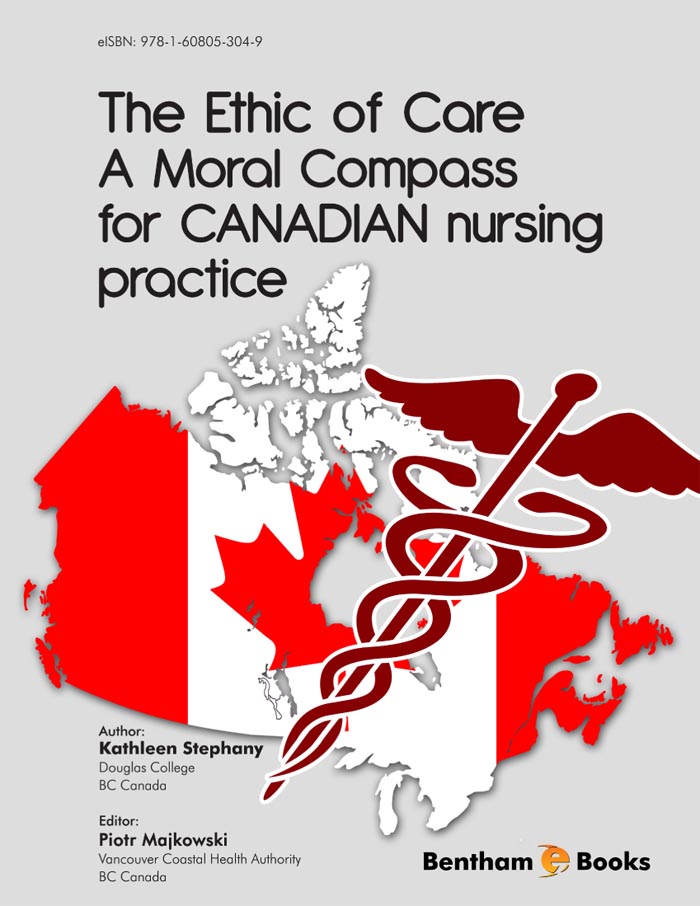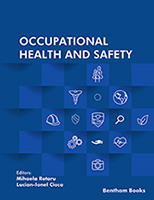Introduction
The Ethic of Care: A Moral Compass for Canadian Nursing Practice
is unique from other nursing ethics textbooks in several key ways. The book adds a heightened dimension to the already rich knowledge in the field of applied nursing ethics and the ethic of care. The author argues that the ethic of care, or the moral imperative to act justly, be the guiding compass for everything that nurses do. It is with passion and conviction that nurses are encouraged to embody the ethic of care as a "lived virtue." Nurses are also inspired to be the leaders of tomorrow by working toward achieving accountability and sustainability in the Canadian publicly funded health care system and by effectively addressing social inequities. At the end of each chapter the author conveys real life case studies, as derived from her experiences as a critical care nurse, psychiatric nurse clinician and former Coroner. These vignettes bring the subject to life and serve as a means for applying newly acquired ethical knowledge.





